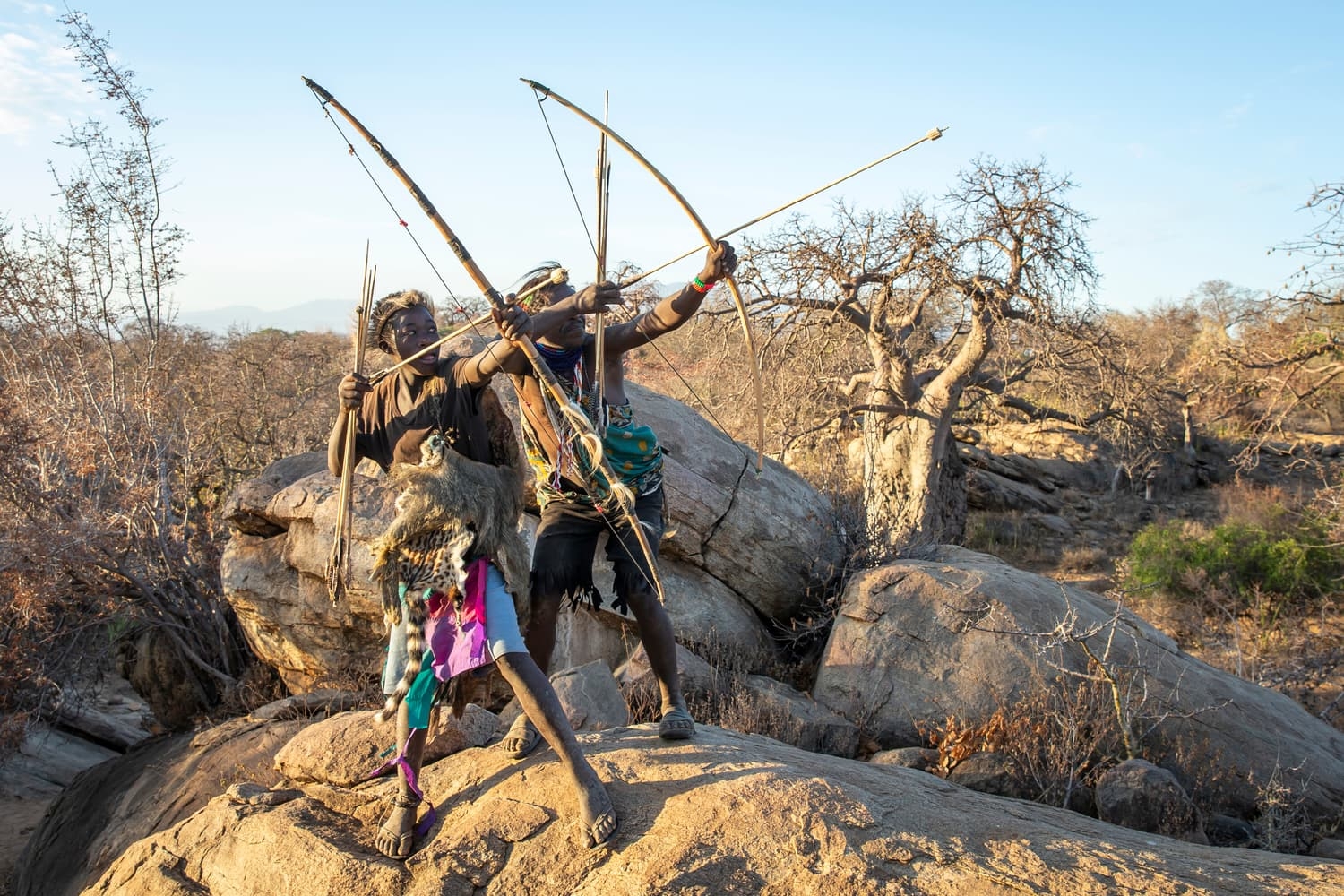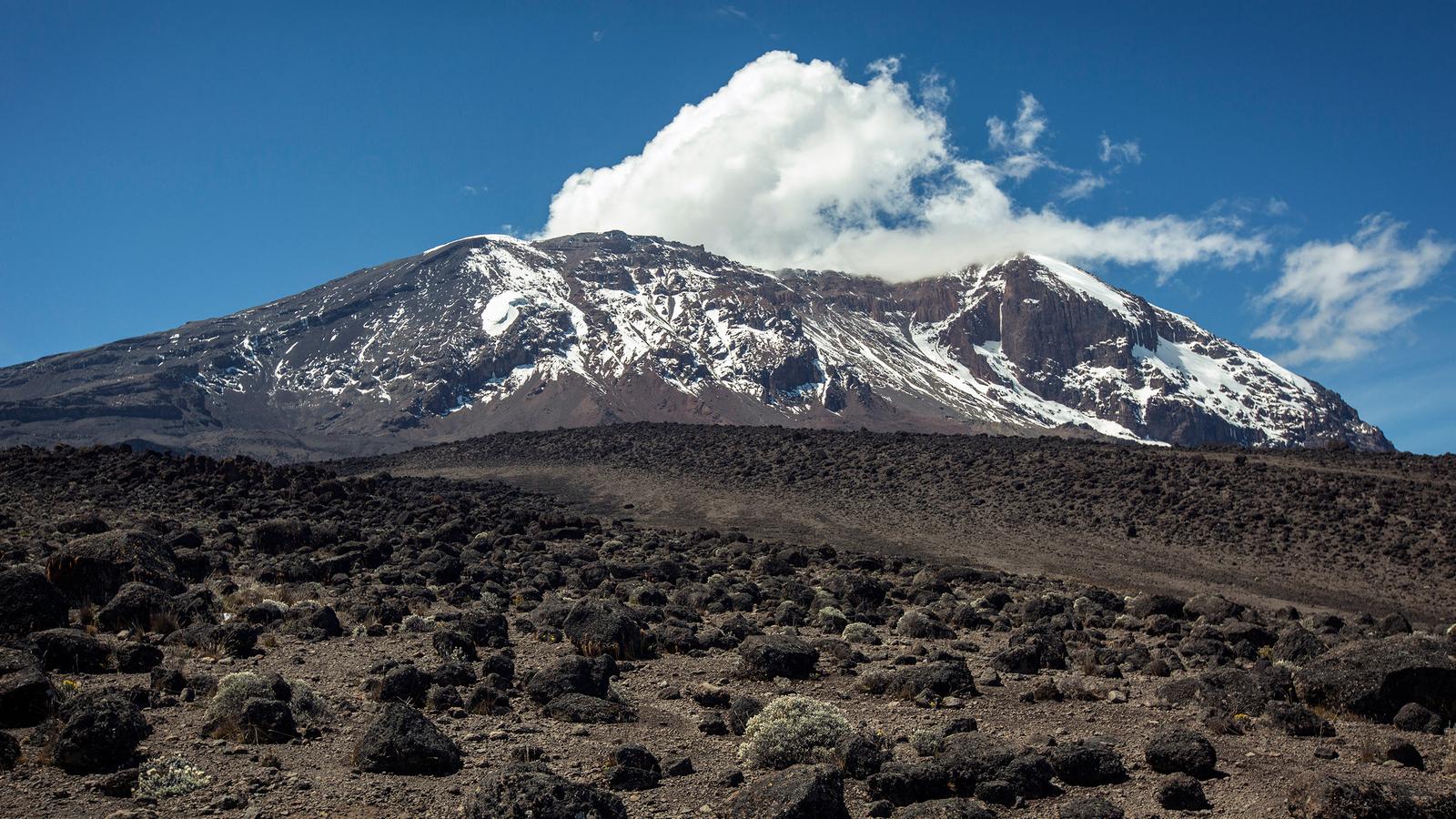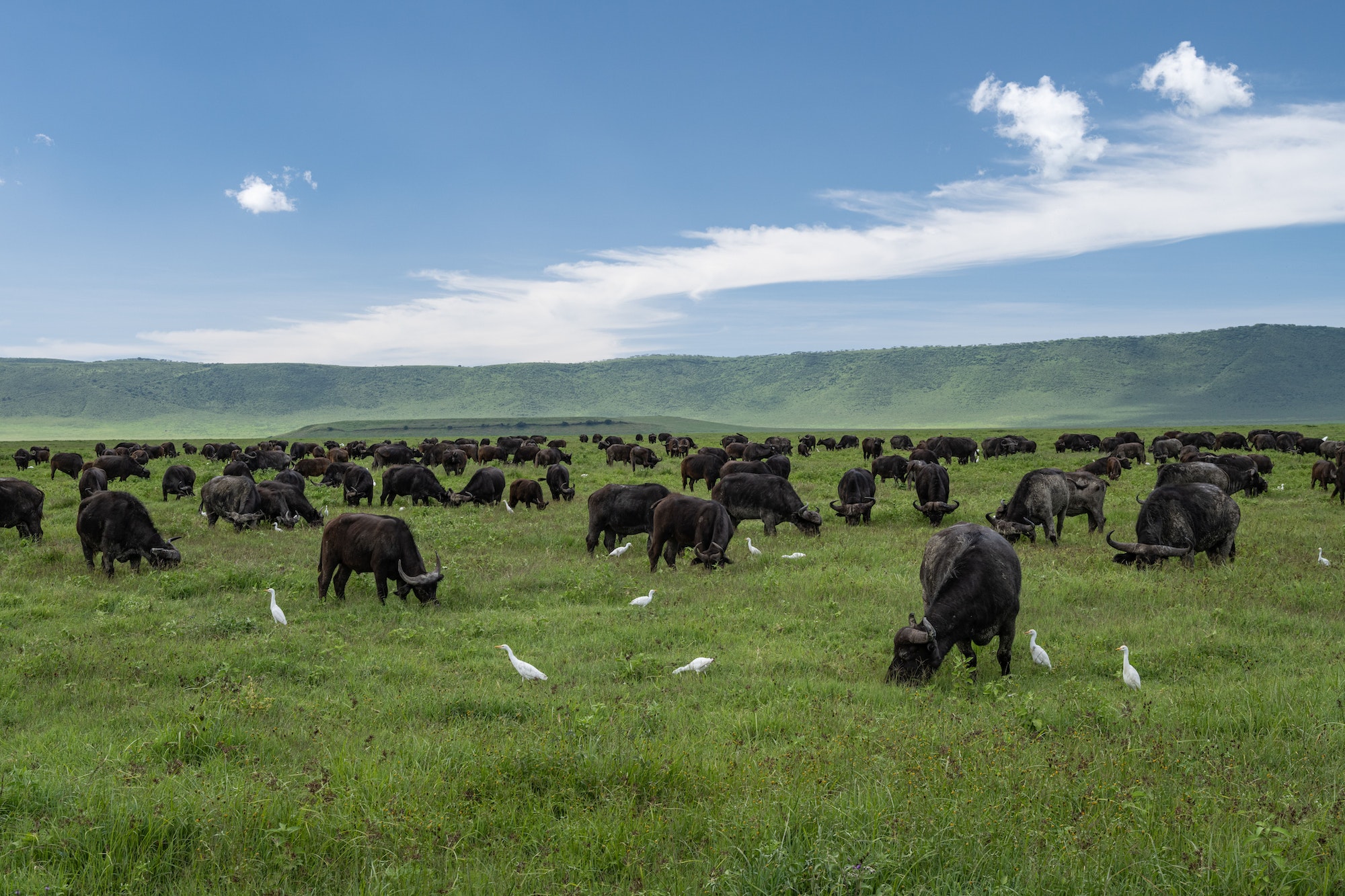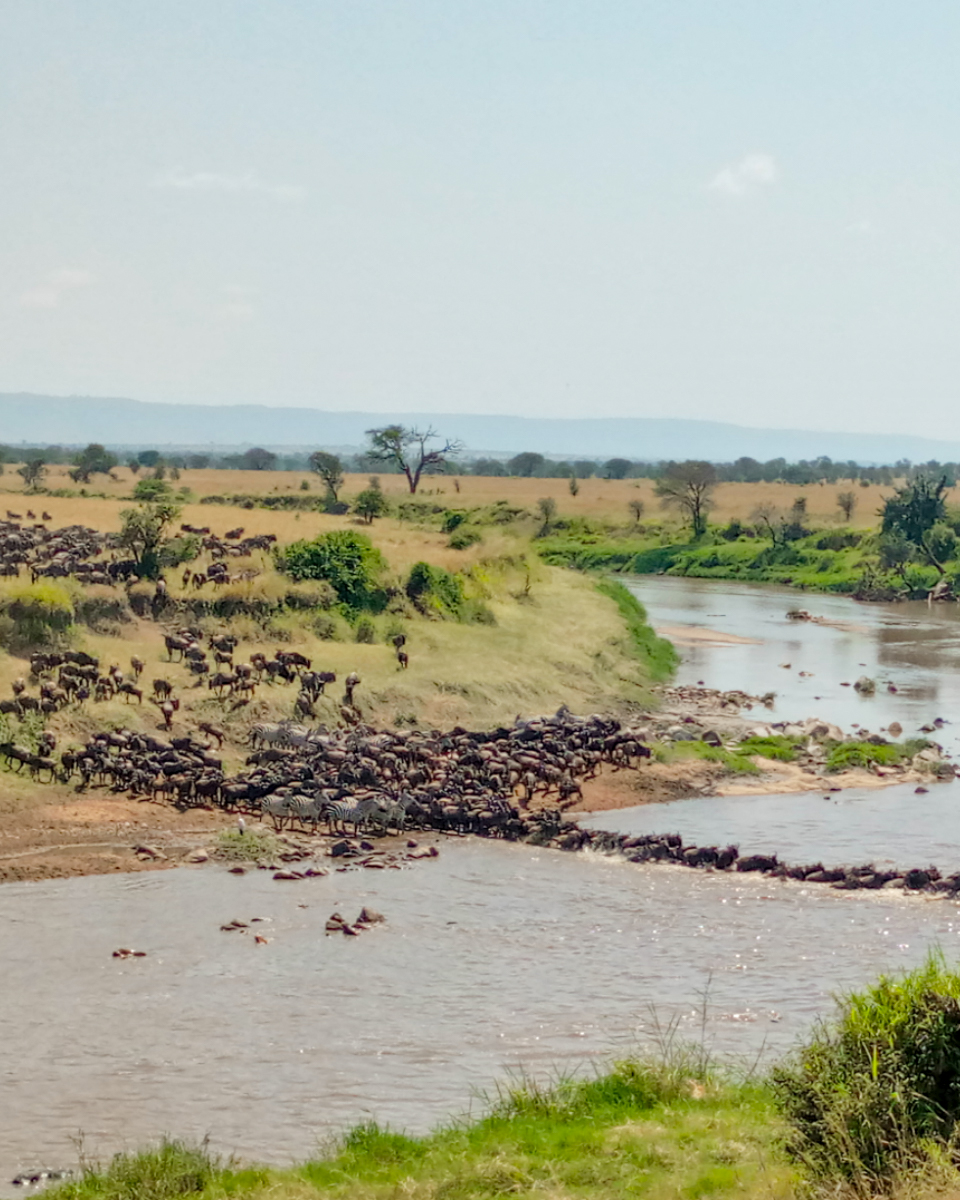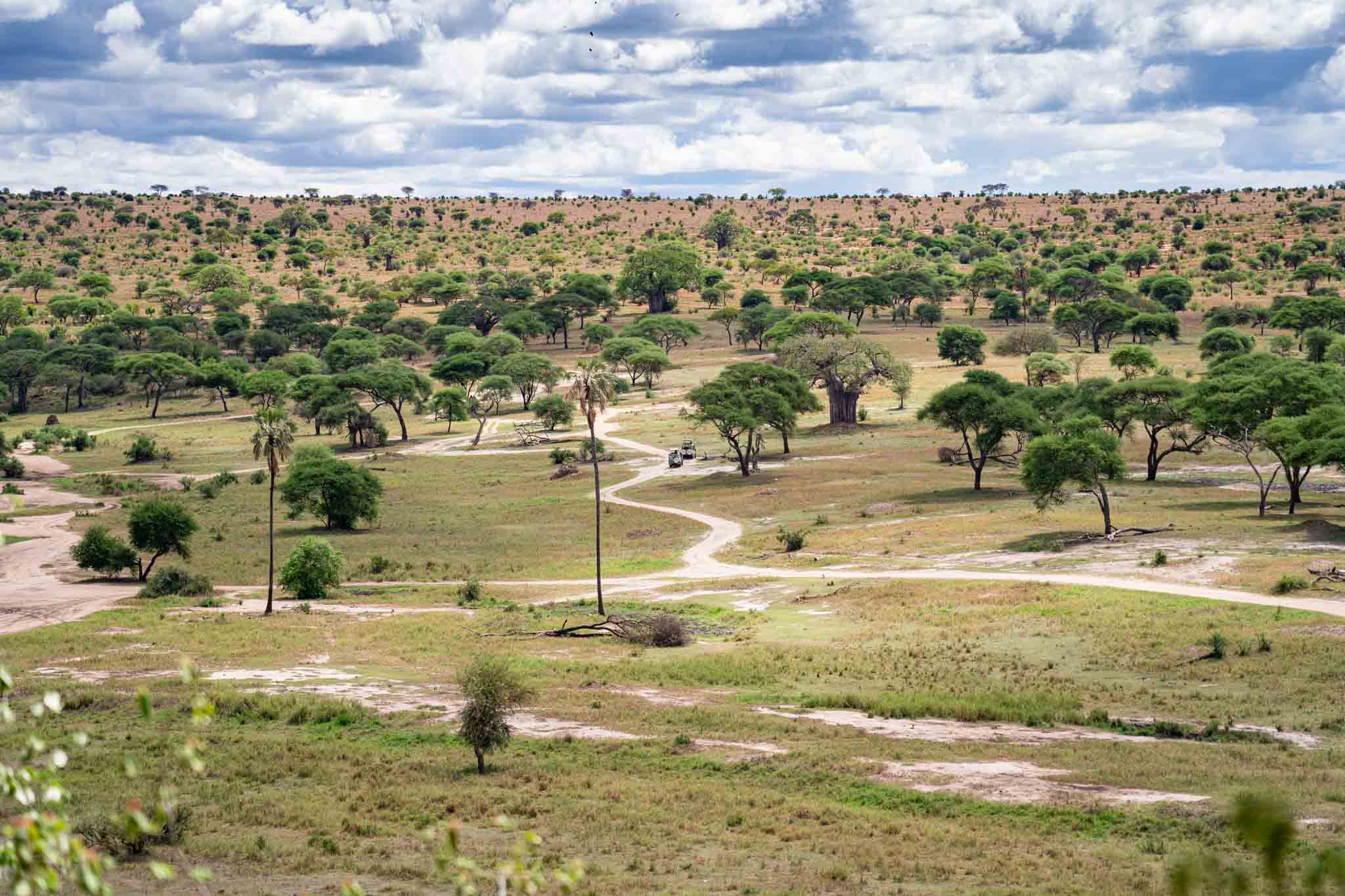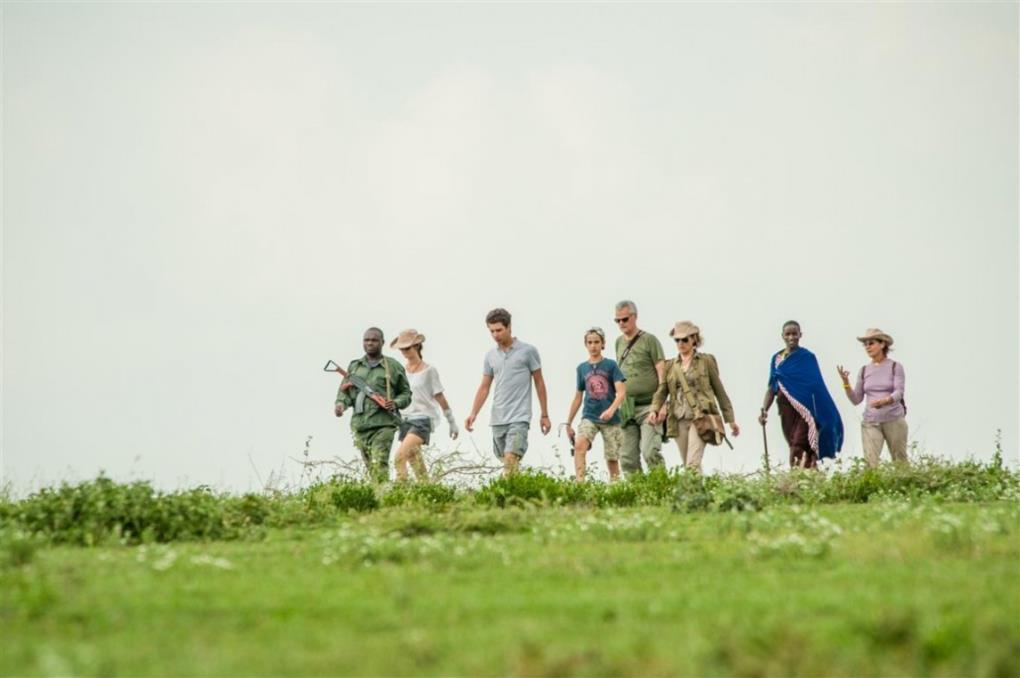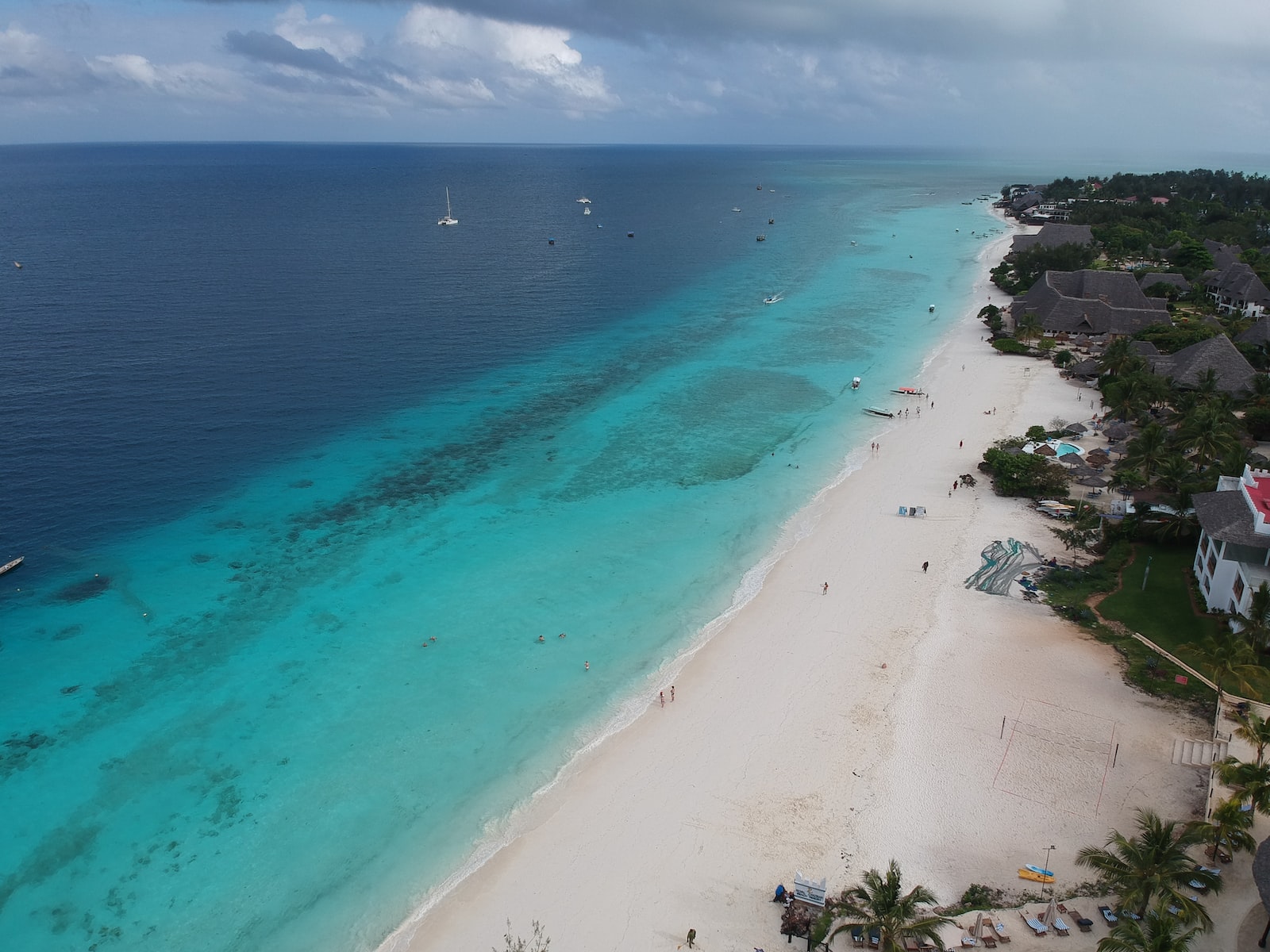Tanzania Travel Insurance: Why It’s a Must-Have for Your Trip
Are you planning a trip to Tanzania?
As you prepare for your adventure, it’s essential to consider how to protect yourself in case of unexpected events. This is where travel insurance comes in handy. In this article, we’ll dive into the reasons why you should consider purchasing Tanzania travel insurance, what it covers, and how to choose the right policy.
Why do you need travel insurance in Tanzania?
Tanzania is a popular destination for tourists seeking adventure, wildlife, and beautiful scenery. However, like any other travel destination, it comes with risks. Here are some reasons why you should consider getting travel insurance for your trip to Tanzania:
Medical emergencies
Medical emergencies can happen anytime, anywhere. In Tanzania, access to medical care can be limited, especially in remote areas. In case of a medical emergency, having travel insurance can cover the cost of medical treatment and evacuation to a better-equipped medical facility.
Travel delays or cancellations
Flight cancellations or delays can disrupt your travel plans and cause inconvenience and unexpected expenses. Travel insurance can help cover the costs of alternative transportation and accommodations.
Lost or stolen belongings
Losing your passport, luggage, or valuable items can ruin your trip. Travel insurance can provide coverage for lost or stolen belongings, including reimbursement for essential items such as medication, glasses, or contact lenses.
Personal liability
Accidents can happen, and you might be held liable for damages or injuries to other people or property. Travel insurance can cover personal liability, including legal expenses.
Safari-related risks
Tanzania is famous for its wildlife, and going on a safari is a popular activity for tourists. However, it comes with risks such as animal attacks, vehicle accidents, or injuries from outdoor activities. Travel insurance can provide coverage for safari-related risks.
What does Tanzania travel insurance cover?
Travel insurance policies can vary, but here are some common coverages you can expect from a Tanzania travel insurance policy:
Emergency medical expenses
This coverage includes emergency medical treatment, hospitalization, and medical evacuation to a better-equipped medical facility if necessary.
Evacuation and repatriation
In case of a medical emergency or death, travel insurance can cover the cost of evacuation or repatriation to your home country.
Trip cancellation or interruption
If your trip is canceled or interrupted due to covered reasons such as illness, injury, or natural disasters, travel insurance can reimburse your non-refundable expenses.
Baggage loss or delay
This coverage can reimburse you for lost or stolen luggage or delay in baggage arrival, including reimbursement for essential items such as medication, glasses, or contact lenses.
Personal liability
This coverage can cover legal expenses in case of accidental damage to other people or property.
Safari-related risks
This coverage can provide medical treatment, evacuation, or repatriation in case of safari-related injuries or accidents.
How to choose the right travel insurance policy for Tanzania?
Choosing the right travel insurance policy for Tanzania can be a daunting task, but here are some factors to consider:
Coverage limits
Make sure to check the coverage limits for each type of coverage. The coverage limits can vary between policies, and it’s essential to choose a policy with adequate coverage for your needs.
Activities covered
If you’re planning on going on a safari or participating in other outdoor activities, make sure that your policy covers those activities. Some policies may exclude certain activities, so make sure to read the fine print.
Exclusions
Check the policy’s exclusions carefully to ensure that you’re aware of what’s not covered. Common exclusions include pre-existing medical conditions, high-risk activities, and extreme sports.
Pre-existing medical conditions
If you have pre-existing medical conditions, make sure to disclose them to the insurance provider. Some policies may exclude coverage for pre-existing conditions, while others may cover them with certain restrictions.
Price
Travel insurance policies can vary in price, and it’s essential to choose a policy that fits your budget. However, don’t let price be the only factor in your decision-making process. Make sure to choose a policy that provides adequate coverage for your needs.
Traveling to Tanzania can be an exciting and unforgettable experience. However, unexpected events can happen, and having travel insurance can provide peace of mind and financial protection. Make sure to choose a policy that provides adequate coverage for your needs, including medical emergencies, travel delays or cancellations, lost or stolen belongings, personal liability, and safari-related risks. By choosing the right travel insurance policy, you can enjoy your trip to Tanzania with confidence.
FAQs
- Is travel insurance mandatory for Tanzania?
No, travel insurance is not mandatory for Tanzania. However, it’s highly recommended to protect yourself against unexpected events.
- How much does Tanzania travel insurance cost?
The cost of Tanzania travel insurance can vary depending on several factors, including the length of your trip, your age, and the level of coverage you choose.
- Can I purchase travel insurance after I’ve already started my trip?
It’s possible to purchase travel insurance after you’ve started your trip, but some policies may have restrictions or exclusions if you purchase after departure.
- What if I need to make a claim on my travel insurance policy?
If you need to make a claim on your travel insurance policy, contact your insurance provider as soon as possible. They will guide you through the claims process and provide you with the necessary forms and information.
- What should I do if I have an emergency while traveling in Tanzania?
If you have an emergency while traveling in Tanzania, contact your insurance provider as soon as possible. They can provide assistance and guidance on what to do next.



